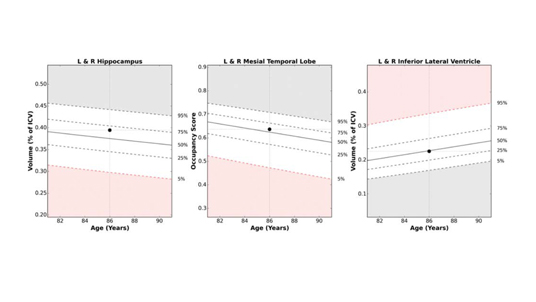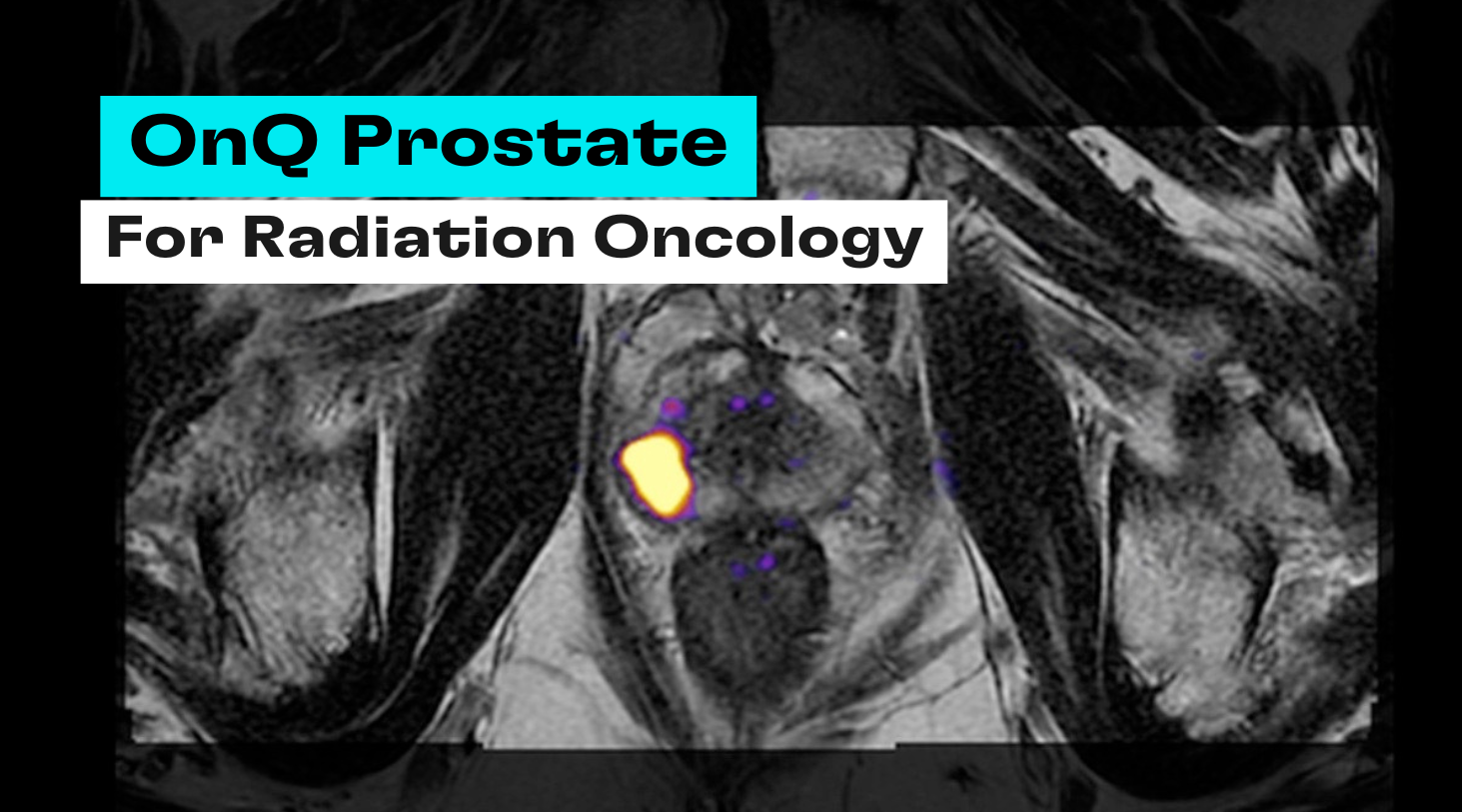LesionQuant for assessment of MRI in MS —a promising supplement to the visual scan inspection
Quantitative measurements of lesion volume, lesion count, distribution of lesions, and brain atrophy have a potentially significant value for evaluating disease progression. We hypothesize that utilizing software designed for evaluating MRI data in MS will provide more accurate and detailed analyses compared to the visual neuro-radiological evaluation. 2020.
[button]Download[/button]







